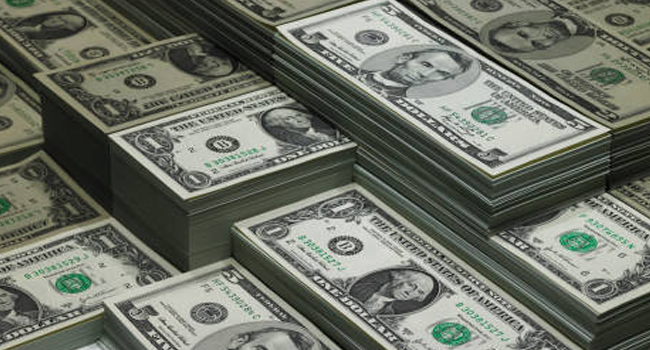
- this marks a notable recovery in Nigeria’s foreign currency position.
Nigeria’s external reserves have reached a 22-month high of $37.31bn, reflecting significant foreign inflows into the country’s economy.
Data from the Central Bank of Nigeria (CBN) revealed that as of September 18, 2024, the reserves hit the highest level since November 4, 2022, when they stood at $37.36bn.
This marks a notable recovery in Nigeria’s foreign currency position.
The external reserves represent the country’s stock of foreign currency. However, they have failed to make a real impact on the falling naira, which was adjudged one of the 10 worst-performing currencies in the world by Bloomberg on September 20. The reserves serve as a crucial measure of the country’s ability to meet international financial obligations and stabilise the local currency.
On a year-to-date basis, the country’s reserves surged by 12.99 per cent, or $4.29bn, from the $33.02bn recorded at the start of the year on January 2, 2024.
Several factors have contributed to the increase in external reserves. Key sources of the inflows include the federal government’s domestic dollar bonds, which attracted foreign investment; remittance inflows from Nigerians abroad; multilateral loans from international organisations; and foreign portfolio investments.
When compared year-on-year, Nigeria’s foreign reserves grew by 12 per cent, adding $4.03bn to the $33.28bn recorded on September 18, 2023.
The Federal Government raised over $900m from investors through the issuance of $500m, the first series of the $2bn domestic US dollar bond aimed to stabilise the economy.
Nigeria recorded $553m in remittances in one year, between July 2023 and July 2024, according to the CBN.
Other inflows into the country’s economy within the period include $3.3bn AfreximBank oil facility and $2.25bn from the World Bank Group.
The foreign exchange inflows through the economy surged by 57 per cent in one year following consistent policies by the CBN.
Data from the CBN showed that the country recorded $8.86bn in FX inflow in February 2024, higher than $5.66bn in the corresponding period of February 2023.
The CBN’s economic report for February 2024 noted that new investments into the economy increased significantly to $1.24bn, compared with $0.33bn in January 2024.
Foreign direct investment inflow rose to $0.06bn, from $0.03bn in the preceding month. Portfolio investment inflow increased to $0.80bn from $0.12bn, following rising returns on money market instruments and bonds. Similarly, other investment capital, mainly loans, rose to $0.37bn, from $0.18bn in the preceding period.






